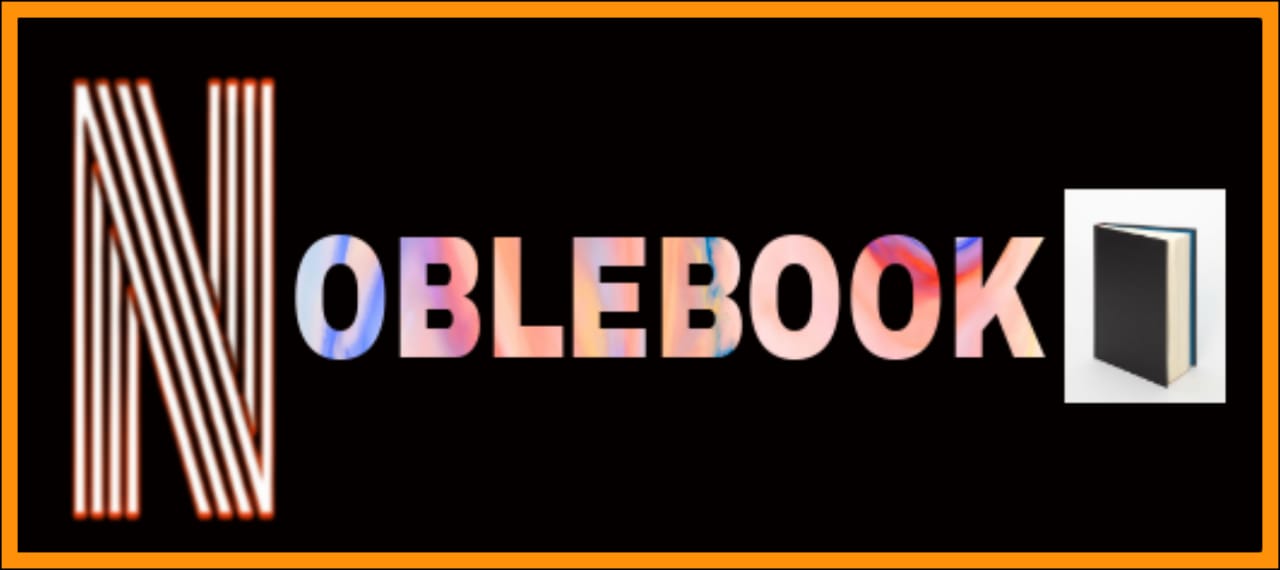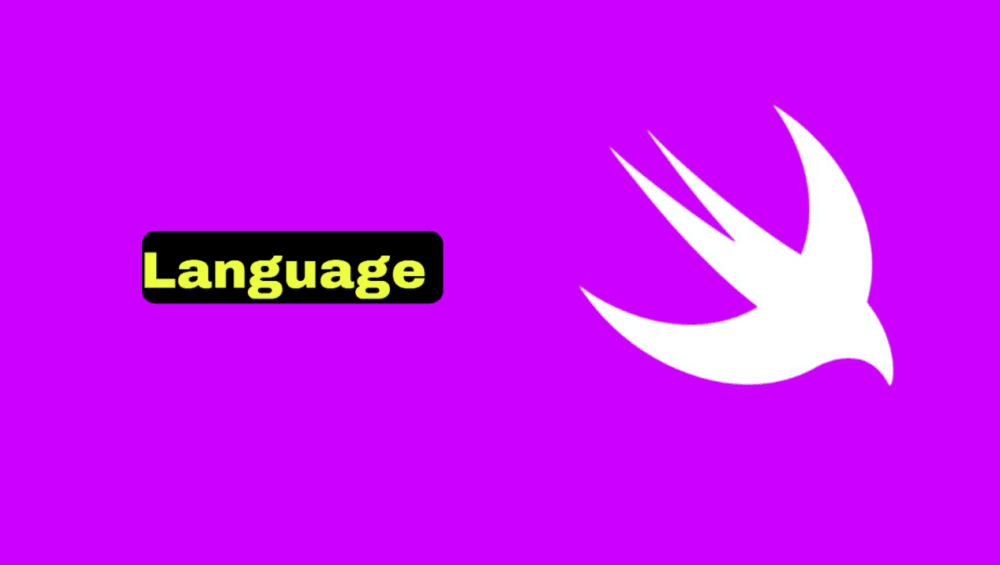Contents
What are programming and type?
what is the different kinds of programming languages?
Is C++ a programming language?
What is a Java program?
Javascript is a programming language. What are they?
HTML programming is what it is.
What is a Python program?
The Swift programming language what is it?
A SQL programming language is a type of programming language.
Programming language applications and tools.
A good example is the programming language.
Studying programming languages in depth.
How to use daily life as a coding application.
What is Swift?
Quick is a multi-worldview, broadly useful, open-source programming language for iPadOS, macOS, tvOS, watchOS, and iOS improvement. It was made by Apple in 2014 to give engineers a strong language to foster iOS applications. As per swift.org, the language was intended to be protected, quick, and expressive. Being a swap for C-based languages is expected. The Swift language is continually developing, and the local area keeps on developing. Quick source code can be found on GitHub, making it simple for anybody to get to the code.
Quick elements
Strong generics: Generics permit you to compose adaptable, reusable capabilities and types that can work with any sort.
Local blunder dealing with: Swift offers help for tossing, getting, spreading, and controlling mistakes at runtime.
Structs and classes: Swift permits you to characterize a design or class in a solitary record, and the outer connection point is made accessible for other code to utilize.
Convention expansions: Swift permits you to characterize conduct on conventions, as opposed to worldwide capabilities or individual conformances.
Memory wellbeing: Swift consequently oversees memory and keeps perilous ways of behaving from occurring in your code.
Memory the board: With Automatic Reference Counting (ARC), Swift tracks and deals with our application’s memory utilization. This implies we don’t have to stress over the memory of the board ourselves.
Adaptable lists: Swift enums support design coordinating and can have payloads.
Bundle supervisor: The Swift bundle director is a cross-stage instrument we can use to construct, run, test, and bundle Swift libraries and executables.
Troubleshooting: Swift purposes the LLDB debugger, which furnishes you with a REPL and debugger to empower coordinated investigating, steady designing, disappointment recuperation, and articulation assessment.
Source and double similarity: The most recent variant of Swift has twofold similarities for applications. Quick libraries are remembered for each working framework discharge, so your applications will involve the most recent variant of the library in the OS, and your code can run without recompiling.
Tuples: Tuples permit us to make and share esteem groupings. We can involve tuples to return different qualities as a solitary worth.
Conclusion linguistic structure: Swift has a lightweight conclusion grammar, which has enhancements to empower messiness-free punctuation and clear style.
Swift vs Objective-C
1. Quick
With Swift, you can create in Xcode, Swift Playgrounds, and Cocoa Touch, from there, the sky is the limit.
At this point, Swift expects essentially iOS 7. This implies that iPhones and iPads created before 2014 will not be viable with your applications.
Quick is a cutting-edge, human-accommodating language with basic punctuation, and that implies that the speed of coding is quicker.
As indicated by Apple, Swift is 2.6 times quicker than Objective-C.
Quick has rich documentation that is continually refreshed.
The interest in Swift engineers is expanding.
2. Objective-C
With Objective-C, you for the most part created in Xcode.
Your applications will run on any suitable rendition of iOS.
Utilizing Objective-C ordinarily diminishes coding speed because the language isn’t as natural and human-accommodating.
Objective-C is 2.6 times more slow than Swift, and it takes more time to compose due to its more intricate linguistic structure.
Objective-C has rich documentation that isn’t refreshed oftentimes.
The interest in Objective-C designers is diminishing. (swift)






